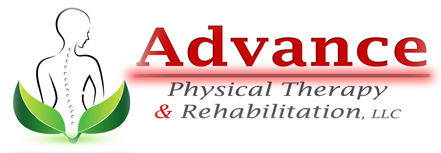
Frozen Shoulder
What is frozen shoulder?
Frozen shoulder, also known as adhesive capsulitis, is a condition in which the shoulder becomes stiff, painful and is accompanied by loss of motion in the shoulder.
What causes a frozen shoulder?
A frozen shoulder can develop from prolonged immobility of the shoulder due to other conditions such as strokes and mastectomy in women. Other factors that can cause prolonged immobility of the shoulder leading to the shoulder freezing include, rotator cuff injury, shoulder fractures, post surgical immobilization. People over the age of 40 years old, particularly women develop this condition. It is also likely to occur in people who have diabetes, cardiovascular disease, Parkinson’s Disease, hyper and hypothyroidism.
What are the symptoms of a frozen shoulder?
Symptoms begin gradually and worsen over time. Symptoms include pain, stiffness and loss of shoulder range of motion. People with frozen shoulders have extreme difficulty with washing themselves, dressing, reaching, sleeping and performing over head activities. This condition can last forever if not properly treated and recovery can take up to 12-18 months.
How is a frozen shoulder diagnosed?
Usually the doctor can successfully diagnose a frozen shoulder without having to rely on imaging tests. During the physical examination, the doctor will ask for your pain levels and will ask you to move the arm actively. The doctor will than move your arm passively to assess the condition further.
How is frozen shoulder treated?
Physical therapy has been shown to be very beneficial to decrease pain, increase range of motion and restore functional abilities with people suffering from a frozen shoulder. Your therapist can perform passive range of motion, stretching, massage and joint mobilization to the afflicted shoulder. As well as teach you range of motion exercises for home program. If the frozen shoulder does not respond to conservative care, the doctor may have other options for treatment, including steroid injections and shoulder manipulations under general anesthesia. In rare cases, the orthopedic doctor may perform surgery to remove scar tissue and adhesions inside your shoulder.


